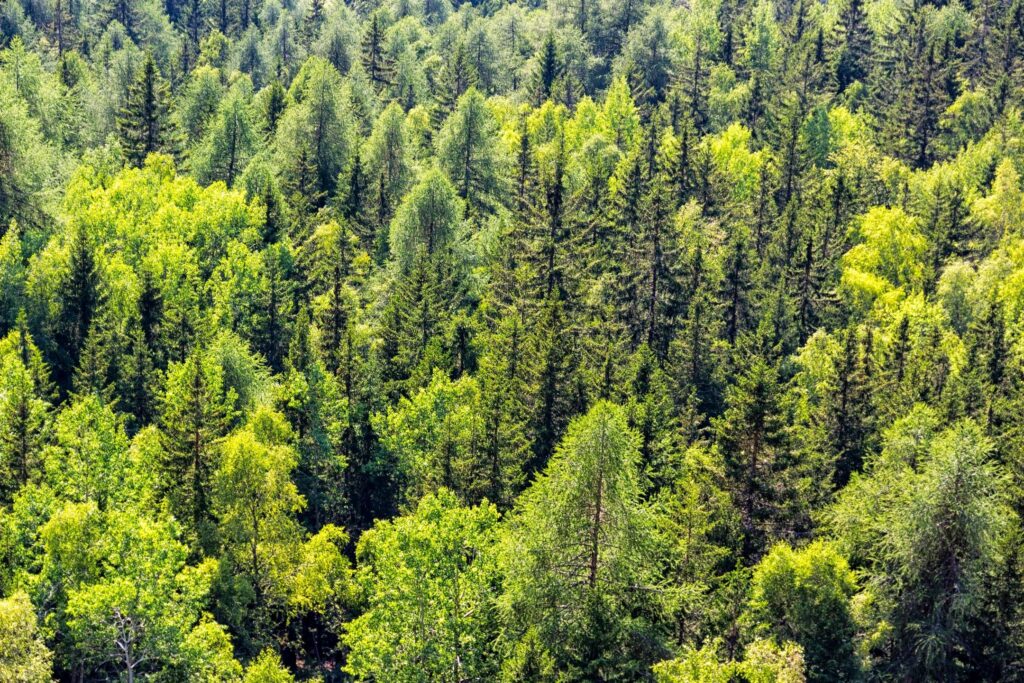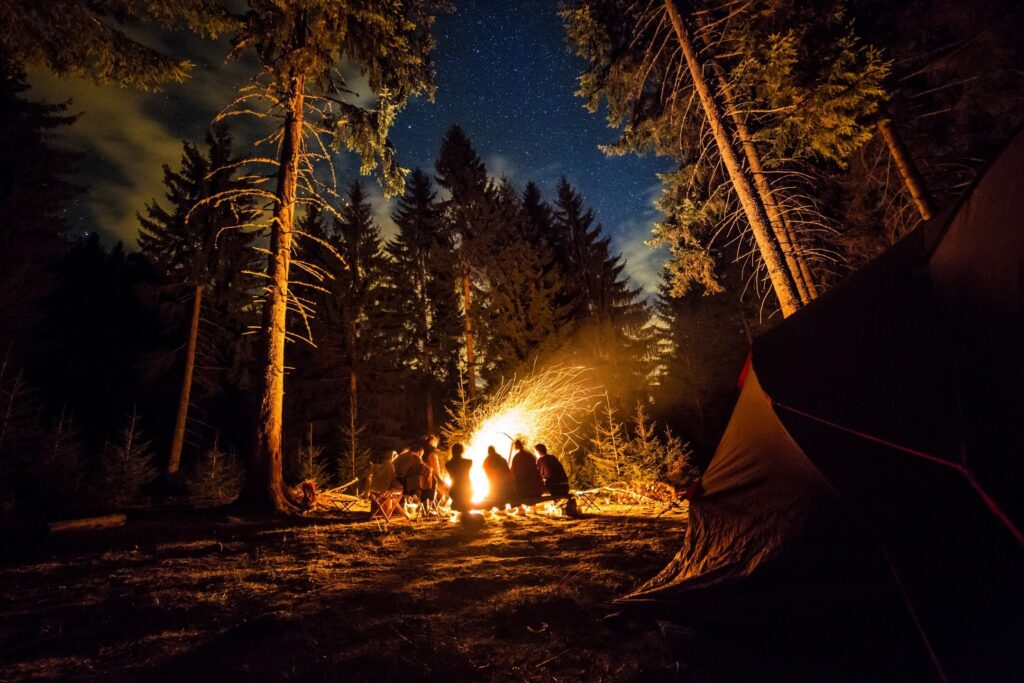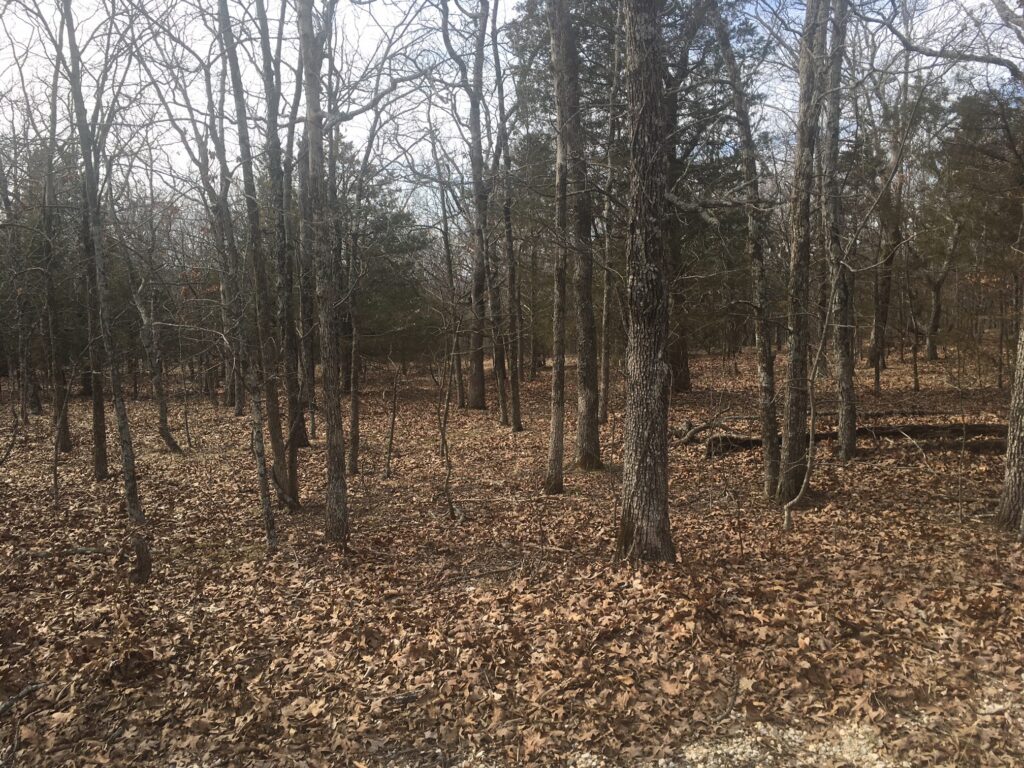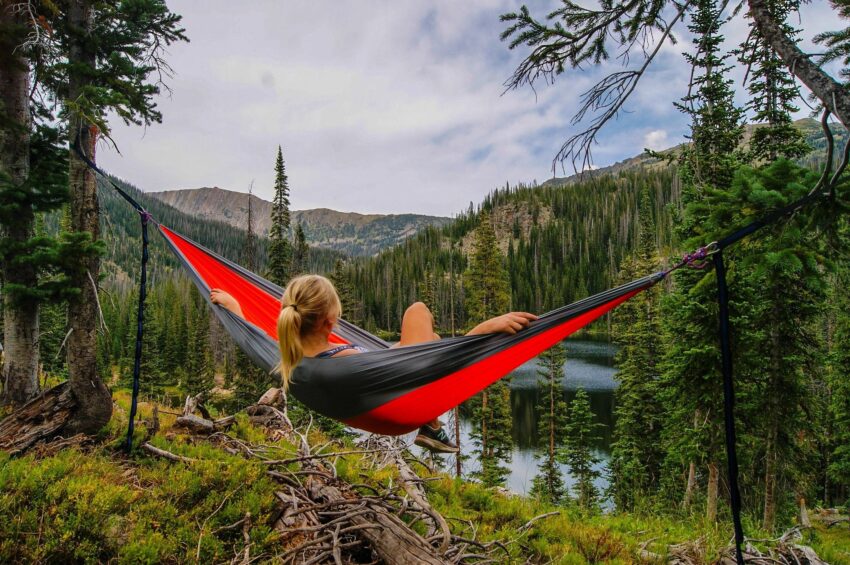Several years ago I was contacted by a local businessman on behalf of a group of his friends. The small group of business and other professional men were searching for a secluded acreage with year-round running water, one ingress and egress, and located less than two hours from St. Louis.
Over the past 14 years I’ve sold millions of dollars worth and thousands of acres of farms, rural home sites, hunting properties and recreational land. But that was my first request for a “bug out location,” as they called it.
In the years since I’ve come to realize that wasn’t such an unusual request after all. The majority of people I sell rural wooded property to are living in St. Louis or some other part of that metro region. They are all seemingly looking for three things, and I hear them listed in the same order over and over from buyers:
- “We’re looking for a piece of property away from the city to enjoy on the weekends, and;
- “if the city keeps getting worse we might want to build a house and retire here one day, or;
- “if things go bad suddenly (i.e., some incident incites rioting, dangerous mayhem and other lawlessness) we want a place to escape to!”

It’s become so commonplace now that I don’t even think of these buyers as “preppers,” just smart investors looking out for the future of themselves and their families.
Back when I got that first request for a bug out property – I think it was around 2010 – I was behind the curve on discovering the increasing popularity of “prepping”. Preppers are people who believe that, in the near future, life as we know it will be challenged or changed due to a major event.
That can be the result of a local or regional catastrophe such as an earthquake, hurricane or extreme drought, or a national or international crisis such as a collapse of the financial system or power grid. Other preppers hope to hedge their bets against a global event such as a solar flare, rapid climate change or pandemic (one far exceeding the extent of the recent Covid and all its variants).
So as not to sound all gloom and doom, let me explain that not all preppers are extremists or think the world will end in a big puff of smoke. Many prepping enthusiasts think the event that disrupts normal everyday life will not only be survivable, but with the proper preparations can offer a chance to thrive.
At the other end of the spectrum, reality television would have you think that every prepper is a paramilitary who trains his or her spouse, kids and close friends to be fighting machines who have no qualms about eliminating their friends or enemies over the last can of green beans or bottle of water.
In real reality, most preppers are just hardworking folks who want what’s best for their loved ones … especially in a crisis situation. In fact, I think those who make no preparations for their family are the ones who are nuts. Even the Bible warned us that, “In the house of the wise are stores of choice food and oil …” That bit of prepping advice came from Solomon himself, the wisest and richest man of his day.
A Bit About Prepping
The goal is to have enough provisions and the right tools at the ready to survive without government intervention or support. From Hurricane Katrina to Covid, we’ve all seen that the government simply moves too slow and is too inefficient to rely on as a first line of defense. To borrow a common prepper saying, when “the s*#! hits the fan” a good prepper should be able to make a few adjustments and continue on facing life day by day.

One of the most important considerations for apocalyptic living, or at least surviving when the grid and supply chain are down, is a safe place to store your family, food and water, and the seeds necessary to keep life growing. (And by seeds, I mean actual seeds to grow your own vegetables, but also other necessities such as medications, trade goods of value when the dollar no longer can buy you anything, and protections to keep your family safe. You need a less volatile, less congested, and potentially safer locale than an apartment in the city or a home in the suburbs.
A Place For Good Times And Bad
A bug out location is defined as a safe place outside metropolitan areas where you can retreat to in times of unrest. But the added benefit is that such a piece of property can also be a great place to hang out anytime. The weekend comes and you throw a few things in a bag, head out of the city and into the country, pass through the gate and leave all your troubles behind. In amongst the camping, ATV riding, hiking and relaxation, you might also spend a little time improving the property and your collection of tools and stores to better prepare for that possible future SHTF event.

It comes down to a few simple questions. Where would you want to be if some life-changing event created sudden chaos? Would you want to ride out the mayhem in a city where there’s power in numbers, but also the potential for increased violence as more people vie for any available resources? That’s called “sheltering in place.”
Or would you want to escape to a secluded property where you could better control the safety, security and sanity of you and your loved ones far away from the mayhem.
I am not a prepper … although my wife might argue differently. I’ve never jumped on the bandwagon of training all my loved ones to shoot military-grade weaponry. I don’t own an armored vehicle. Our basement isn’t lined with enough canned and vacuum-packed food and water to sustain us for the rest of our natural days.
That said, even though I live relatively rural already, I do own some rural property. On it I have an off-grid cabin stocked with enough food and water to sustains us a few days. We raise cattle, pigs and chickens on that property. And I maintain about 40 acres of woods for wild game (deer, turkey, squirrel and rabbit) and firewood. There are water sources on and near the property to provide drinking water for an extended period of time if needed.
And I have, I hope, enough firearms and ammunition to protect it from would-be marauders if they hadn’t made their own preparations and wanted to come after mine. I’m not prepping for any disaster in particular. Just using good common sense when looking around at our world today and seeing how it’s becoming less efficient and dependable by the hour. Does that mean I don’t have faith in God to take care of me and mine. Not at all. I believe God can move mountains … but I also think He expects us to pick up a shovel and help!
My “bug out location” is ready to go, but how about yours? Here’s what you should consider for yourself.
See Part 2 of this story, A Place To Go When It Hits The Fan: A Shopping List, here!
Check out this rural property as a possible getaway:
https://matrix.marismatrix.com/matrix/shared/qGr234Llp6Gd/3SimmsRd


